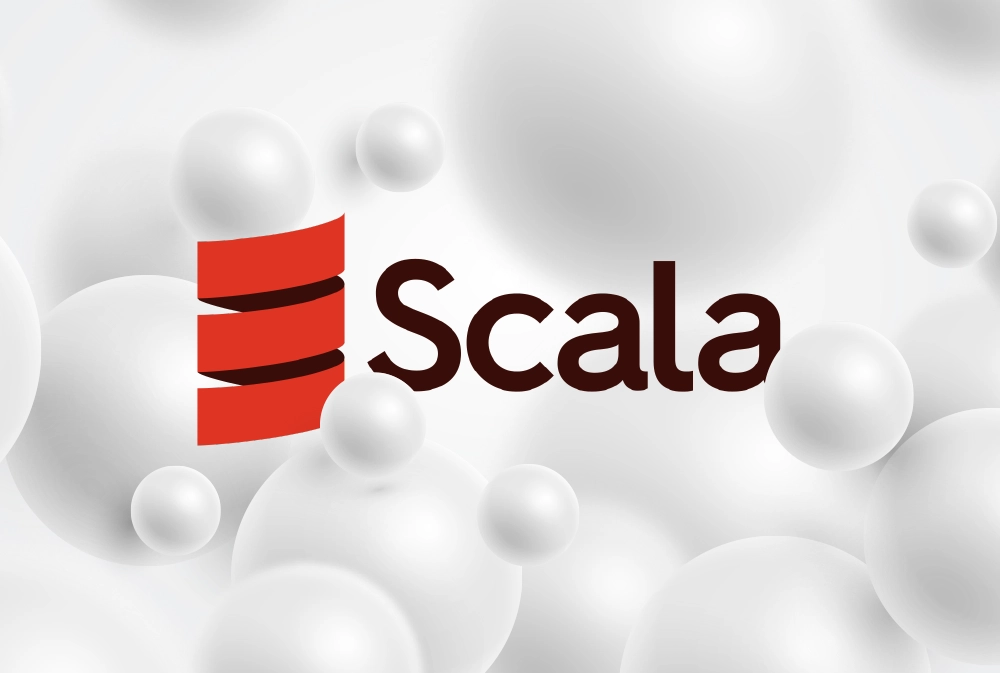Introduction to Scala
Discover Scala: The Language That Scales With You
Stepping into the world of Scala gives you an experience of a robust, general-purpose programming language. The mastermind behind Scala, Martin Odersky, initiated its creation in 2001 at Ecole Polytechnique Federale de Lausanne (EPFL), and it marked its official entry into the programming realm on January 20, 2004.
While Scala is a fully distinct entity from Java, it coexists harmoniously with it. Scala's source code morphs into Java bytecode upon compilation and efficiently operates on the Java Virtual Machine (JVM).
One distinguishing trait of Scala is its amalgamation of the object-oriented and functional design paradigms. It champions the object-oriented approach by treating every value as an object. Simultaneously, its functional programming nature is seen in its treatment of every function as a value. Scala, a derivation from the term 'scalable', signifies the language's ability to scale alongside user demands.
Popularity of Scala
- Twitter have announced that it had switched large portions of its backend from Ruby to Scala and intended to convert the rest.
- Apple Inc. uses Scala in certain teams, along with Java and the Play framework.
- The New York Times revealed in 2014 that its internal content management system Blackbeard is built using Scala, Akka and Play Framework.
- There are teams within Google that use Scala, mostly due to acquisitions such as Firebase and Nest.
The Walmart Canada Uses Scala for their back end platform.
Features of Scala
Below are the features of Scala:
- Type inference
- Singleton object
- Immutability
- Lazy computation
- Case classes and Pattern matching
- Concurrency control
- String interpolation
- Higher order function
- Traits
- Rich collection set
Frameworks and Libraries:
- Play Framework: A high-productivity web framework for building scalable and maintainable web applications in Scala (also supports Java).
- Akka Toolkit: A powerful toolkit for building concurrent, distributed, and resilient message-driven applications. Akka provides actors, streams, and persistence modules.
- Slick: A functional relational mapping (FRM) library for database access, allowing seamless interaction with databases using functional programming constructs.
- Spark: While primarily known for its use in big data processing, Apache Spark has a Scala API. It offers high-level APIs in Scala for scalable data processing.
- Cats and Scalaz: Functional programming libraries providing abstractions for handling common programming patterns using functional paradigms.
Build Tools:
- SBT (Scala Build Tool): The de facto build tool for Scala projects. It automates tasks like compilation, testing, and deployment. It uses a declarative build definition using Scala code.
- Mill: Another build tool for Scala that aims for simplicity and performance while being fully compatible with SBT. import Link from 'next/link';
- To learn more, visit: rockthejvm.com.Akka: build concurrent, distributed, and resilient message-driven applications for Java and Scala. Learn more about Akka here.
